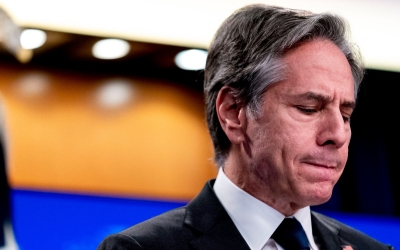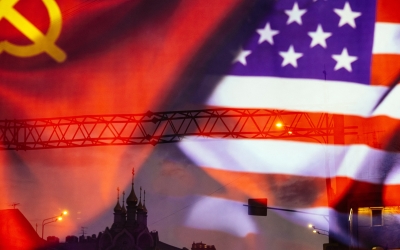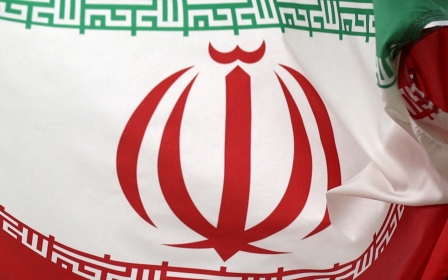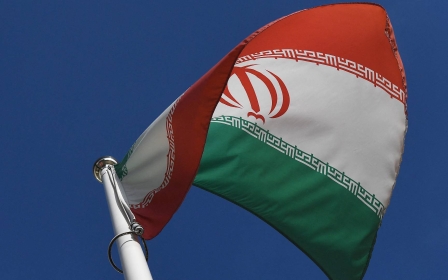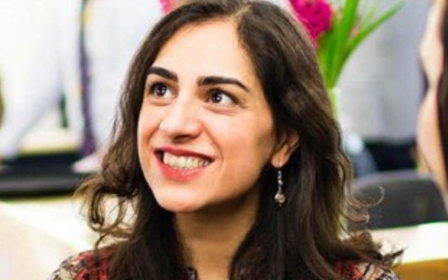Iran seeks 'safe channel’ to pay UN dues required to regain its vote
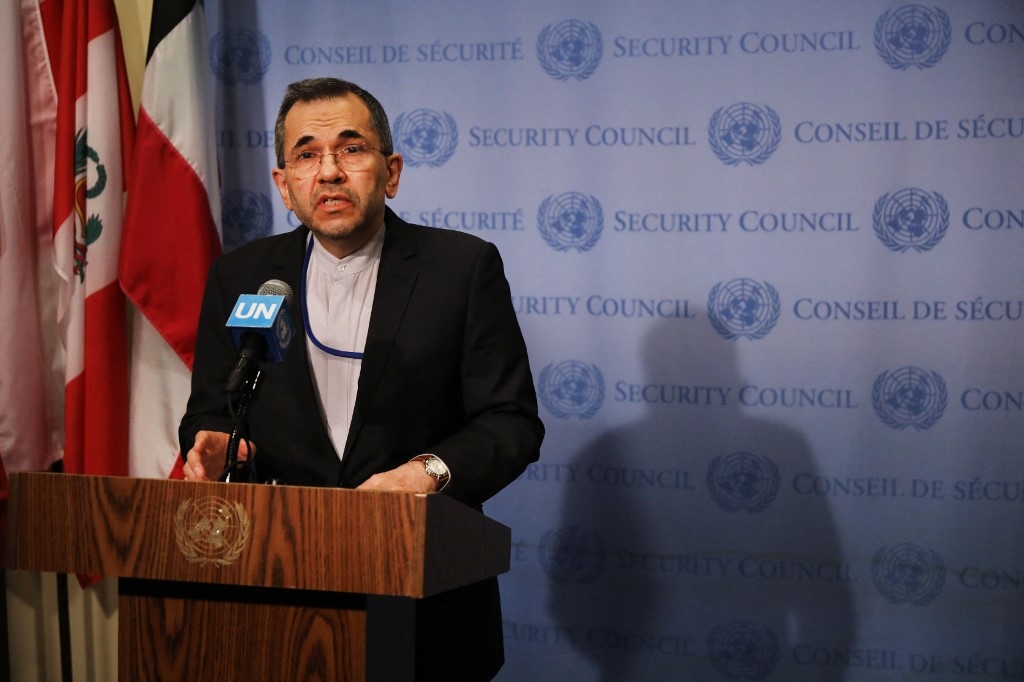
Iran is looking to find a "safe channel" to pay its dues to the United Nations as it struggles to access its international accounts that have been frozen under heavy US sanctions.
Majid Takht Ravanchi, Iran’s permanent representative to the UN, said late on Friday that the country was determined to have its voting rights reinstated once it finds a way around its blocked international accounts.
"The Islamic Republic of Iran has always been committed to pay for its membership on time and we have shown this in action before," Ravanchi said.
"Unfortunately, for a second year we are facing hurdles in making our payments and that is because of the cruel US sanctions … the funds are there in our accounts abroad but can’t be accessed."
Iran, Sudan and six other countries had their voting rights suspended over late dues earlier this week.
Under the UN charter, if a member country’s outstanding payments are equal to or exceed the amount of dues it should have paid over the preceding two years, its voting rights are suspended until payment is made. Iran needs at least $18m to reinstate its rights.
US sanctions and negotiations
Iran lost its voting rights in January 2021 as well but regained them in June by making a $16m payment. The money was procured under negotiations with the US, which allowed Iran to access a small portion of the country's estimated $7bn blocked in South Korea to pay the minimum dues.
Negotiations with the US to lift sanctions have gone less than smoothly, however, as Washington has repeatedly warned Tehran over its non-compliance with the 2015 nuclear deal with world powers that former President Donald Trump withdrew the US from in 2018.
On Friday, US Secretary of State Antony Blinken said the move by the Trump administration was "one of the worst decisions made in recent American foreign policy".
Following the US's withdrawal from the deal, Iran continued to remain under compliance for months, but began to reduce some of its commitments in 2019 when attempts to get the US to return to the deal failed.
Still, Blinken said that US needs Iran to return to the accord under its conditions within "a few weeks" if it is to be salvaged. The negotiations are on a "very, very short on time" because "Iran is getting closer and closer to the point where they could produce on very, very short order enough fissile material for a nuclear weapon", Blinken said.
Iran has continuously insisted that its nuclear programme is peaceful.
US President Joe Biden has made it clear that returning to the deal is a top policy priority, while his Iranian counterpart Ibrahim Raisi has shown an eagerness to find relief from US sanctions.
The current round of indirect negotiations between Washington and Tehran began in November, however since then the two countries have engaged in increased escalations towards one another.
Iran and Russia have displayed optimism at the latest round of talks, with Moscow saying on Friday that "real progress" had been achieved and a deal was expected to be reached.
Middle East Eye delivers independent and unrivalled coverage and analysis of the Middle East, North Africa and beyond. To learn more about republishing this content and the associated fees, please fill out this form. More about MEE can be found here.


